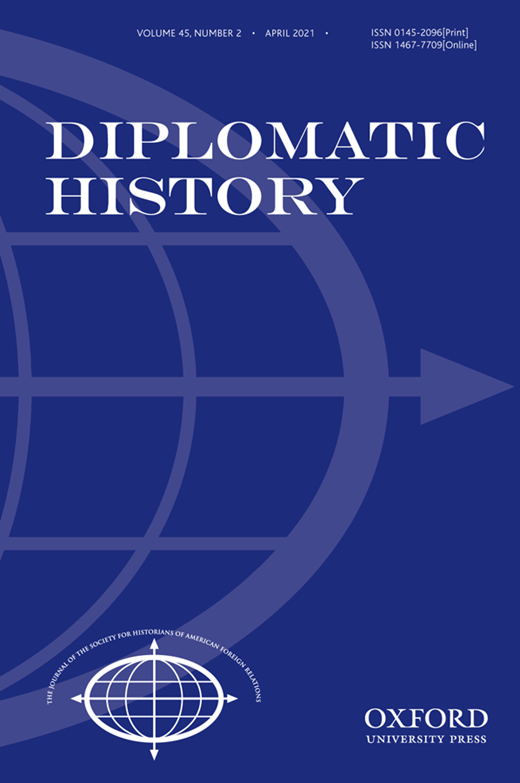
In a journal article published in Diplomatic History, Assistant Professor Wen-Qing Ngoei traces how the US formulated its Cold War policies towards Southeast Asia based on concerns about the transnational threat from China and its diaspora in the region. He argues that in this respect, US post-1945 strategies shared a great deal in common with the centuries of European colonialism and the shorter period of Japanese dominance during World War II.
This article is part of the roundtable “Re-thinking Region: US-Southeast Asian Relations in the Twentieth Century” organized by Dr. Ngoei. Since its publication in April 2020, the article has been ranked among the five most-read essays of the journal.
For more information on Dr Ngoei’s current research, see his commentary, "Looking Back on ASEAN and Sino-US Rivalry in the Cold War”.
Wen-Qing Ngoei, The United States and the “Chinese Problem” of Southeast Asia, Diplomatic History, Volume 45, Issue 2, April 2021, Pages 240–252, https://doi.org/10.1093/dh/dhaa084